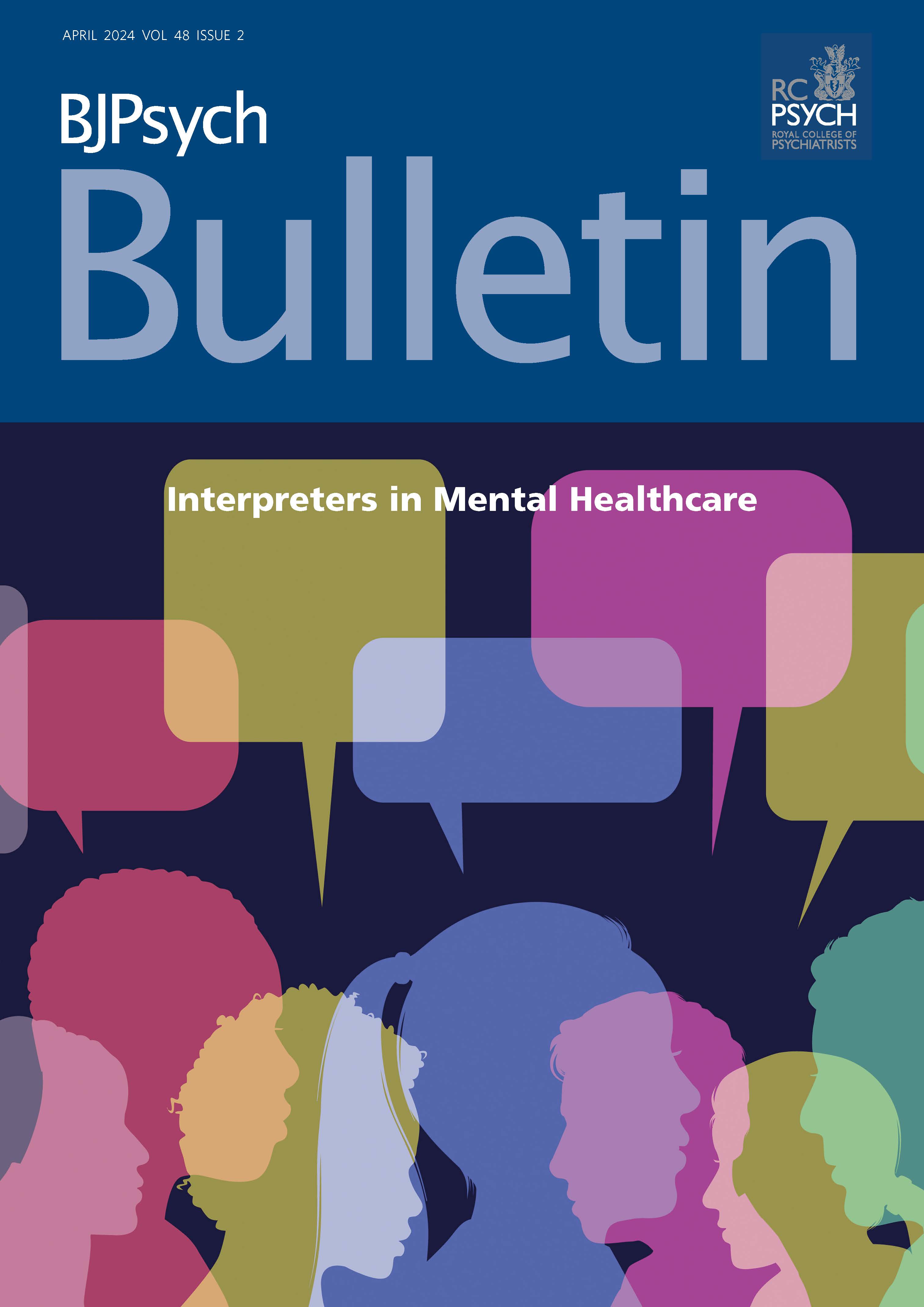Dolphin
Senior Member (Voting Rights)

The Rumpelstiltskin effect: therapeutic repercussions of clinical diagnosis | BJPsych Bulletin | Cambridge Core
The Rumpelstiltskin effect: therapeutic repercussions of clinical diagnosis
 www.cambridge.org
www.cambridge.org

The Rumpelstiltskin effect: therapeutic repercussions of clinical diagnosis | BJPsych Bulletin | Cambridge Core
The Rumpelstiltskin effect: therapeutic repercussions of clinical diagnosis
https://www.cambridge.org/core/serv...eutic_repercussions_of_clinical_diagnosis.pdf
The Rumpelstiltskin effect: therapeutic repercussions of clinical diagnosis
Published online by Cambridge University Press: 22 August 2025Alan Levinovitz and Awais Aftab
Summary
Clinicians across medical disciplines are intimately familiar with an unusual feature of descriptive diagnoses.The diagnostic terms, despite their non-aetiological nature, seem to offer an explanatory lens to many patients, at times with profound effects.
These experiences highlight a striking, neglected and unchristened medical phenomenon: the therapeutic effect of a clinical diagnosis, independent of any other intervention, where clinical diagnosis refers to situating the person’s experiences into a clinical category by either a clinician or the patient.
We call this the Rumpelstiltskin effect.
This article describes this phenomenon and highlights its importance as a topic of empirical investigation.


